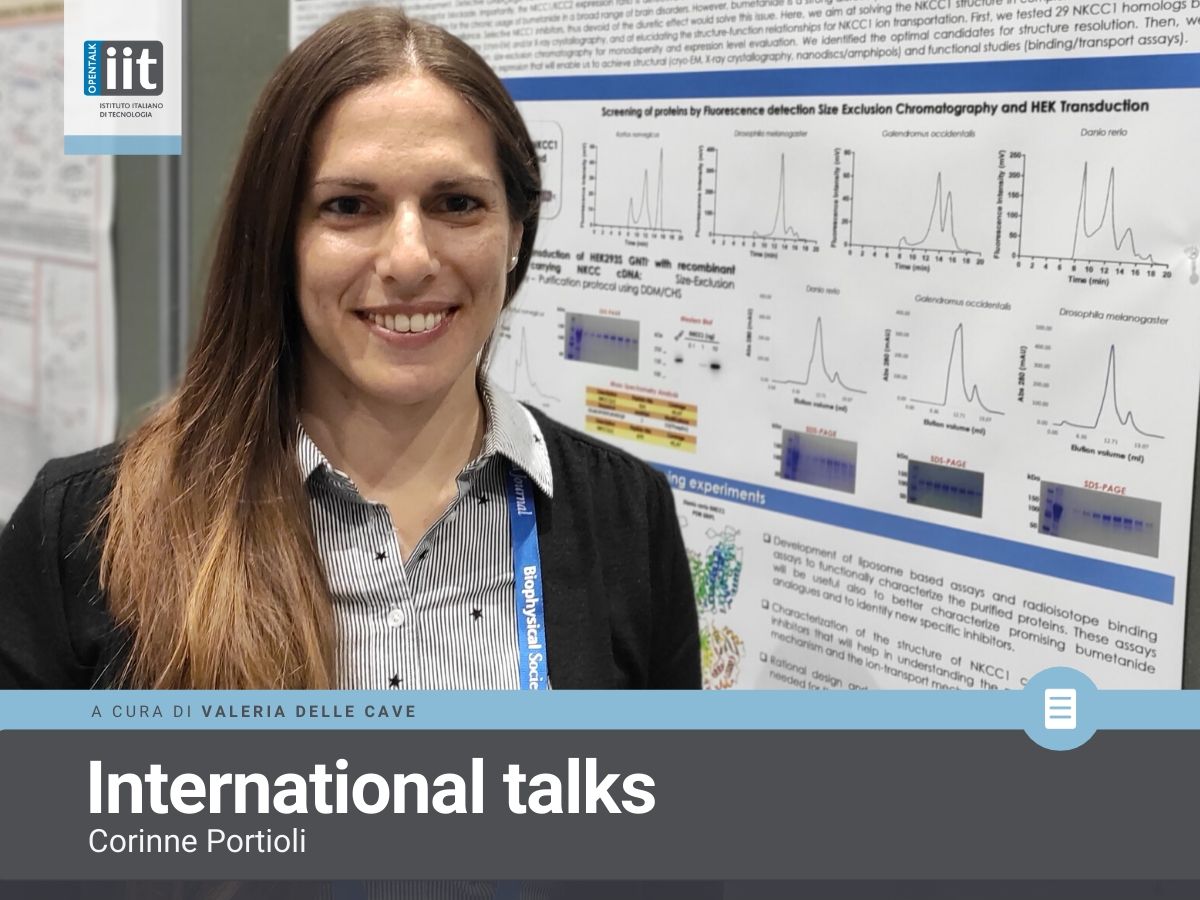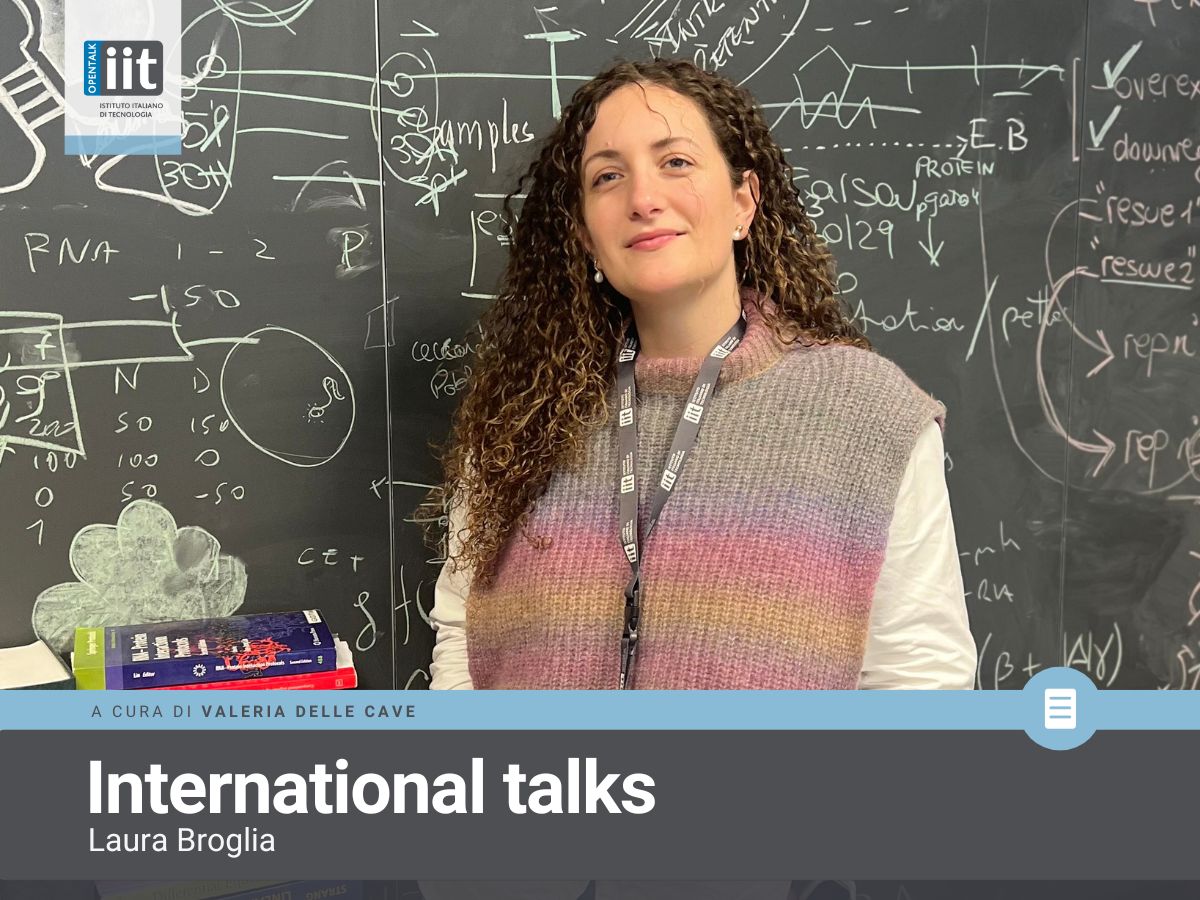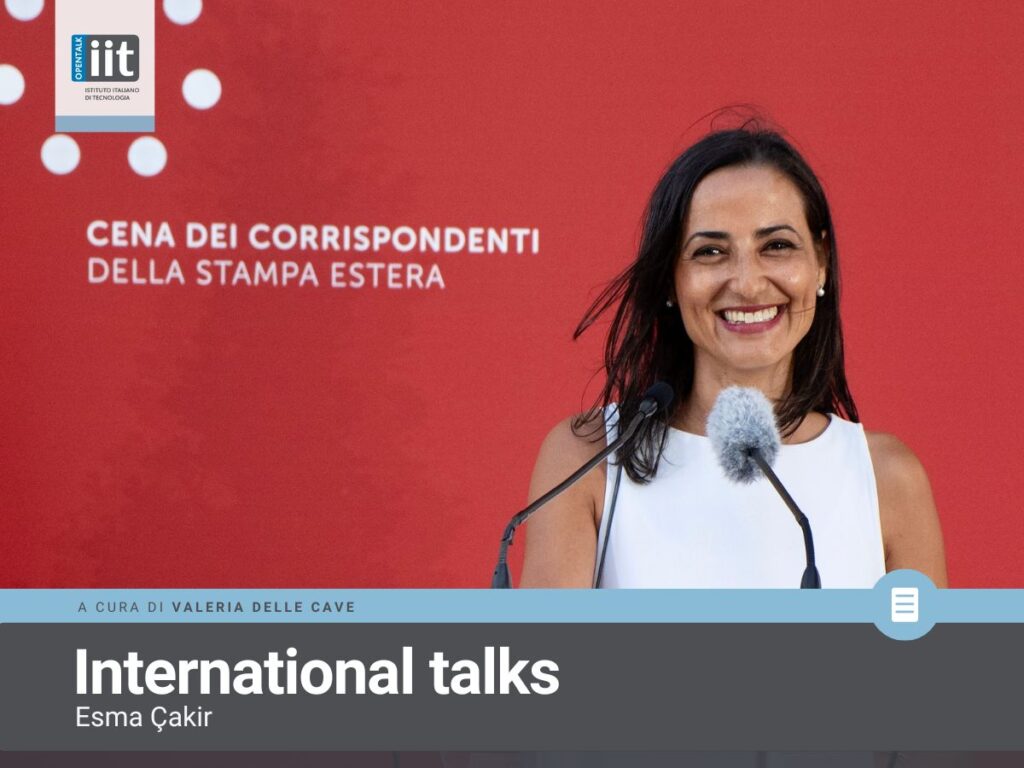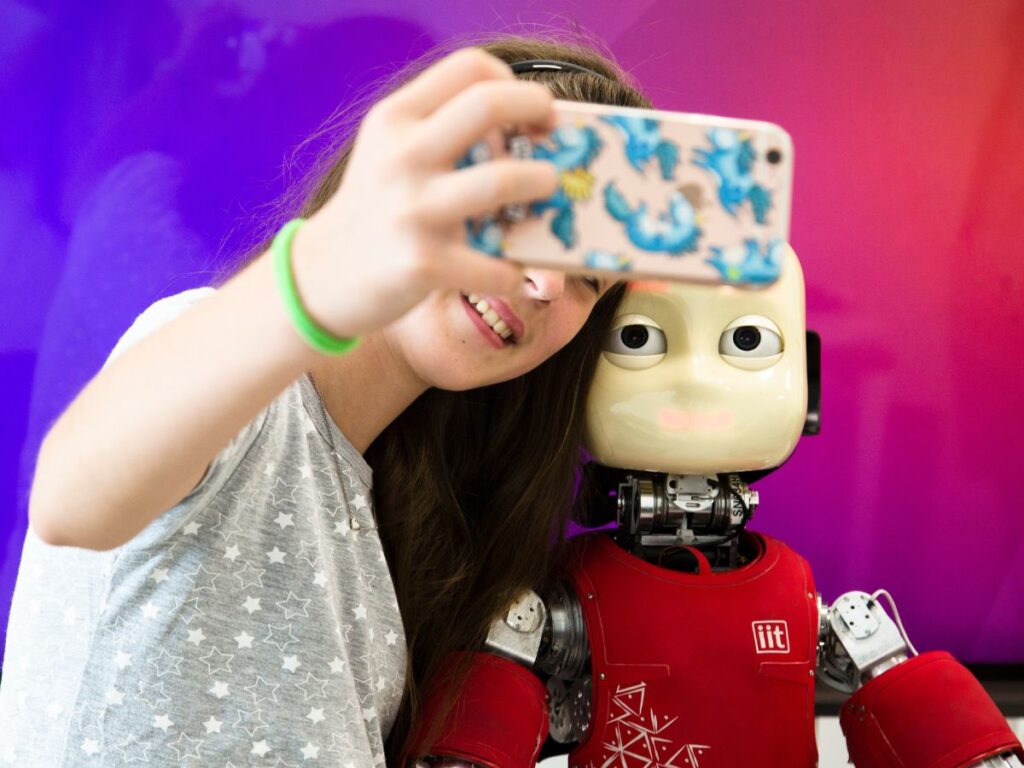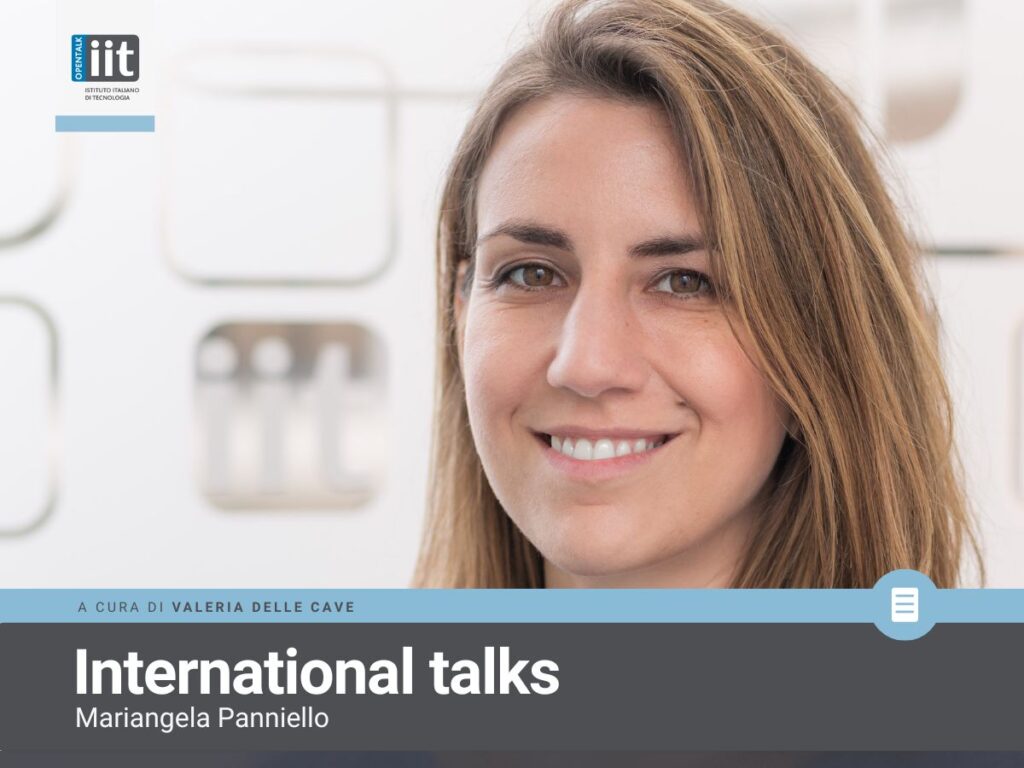A trip with multiple stops: Neuroscience, Drug Discovery, and Structural Biology
Actually, the current unpredicted stop is Covid-19: I’m writing while I’m spending some time in US and the coronavirus pandemic is going on all over the world. Besides the very hard time and the unforeseen circumstances, this is an opportunity to improve remote working, to connect with our network, and to slow down a bit our life speed, thinking more. I’m reflecting on my career journey as a pharmaceutical biotechnologist and a neuroscientist, and I realize that my driven theme has always been about finding new and innovative therapies for brain disorders. You could ask, “Why the brain?!” Because it has such a crucial and complicated role that makes each aspect of the “neuro” research a fascinating puzzle piece.
It all began at the University of Modena and Reggio Emilia, where, during my BSc thesis, I studied an animal model of depression. It was “love at first sight” for working with human diseases that could have been translated in animal models, genetically and physiologically very similar. Since I’ve always been attracted by new challenges, for my MSc thesis I decided to explore a different field: molecular modelling and drug design. I worked on the identification, through a software, of new active molecules as promising drugs. Although I ascertained the importance of the two research areas and the unavoidability of one from the other, my preference was the wet-lab research. I collaborated for a short period of time with a biotech company to find novel inhibitors for a target involved in neurodegenerative disorders, facing structural biology problems. In 2015 I got the PhD in Neuroscience at the University of Verona, where I studied the use of nanoparticles as innovative systems for the brain drug delivery. During that time, I did also my first adventure abroad, spending 6 months as visiting PhD student in a leading nanomedicine lab in Manchester, UK. It has been a very exciting experience (apart from the weather, rainy almost every day!), that gave me the opportunity to meet a multicultural environment, both in the large lab group as well as in the daily life, and to approach different ways of lab work and research. I spent two more years in Verona as a postdoc, and during those times I also worked as temporary high school teacher, an invaluable experience that lifted my research passion, engaging students in science and improving training, mentoring and coaching skills.
In 2017 I realized that it was time to move forward and embrace new challenges. Through a friend, I discovered the opportunity to join the Brain Development and Disease lab in IIT, led by Laura Cancedda. I applied immediately since IIT is an excellent institution to carry on research, and because the job description was reflecting, to me, the perfect match with all my experiences and the skills acquired at that time: neuroscience, drug discovery, and structural biology. Moreover, a collaboration with an institution in US was required, and this was another aspect that thrilled me. I was selected for the position, supported by a Telethon grant, to work at finding new therapies for Down Syndrome, a well characterized genetic disease, in Cancedda’s lab.
Since July 2019, I am a Marie Skłodowska-Curie Individual Fellow (GF) in the same lab, and I’m investigating with an interdisciplinary approach the mechanism of a membrane transporter, in collaboration with Marco De Vivo, at IIT, and Ming Zhou at Baylor College of Medicine (BCM), in Houston (US), where I am currently conducting the outgoing research. Thanks to the leading experience in biochemistry of PI and lab members here at BCM, I’m learning new and very cutting-edge methodologies that could be applied to a wide variety of projects in the future. The possibility to be trained on techniques at the forefront of structural biology, is an invaluable opportunity to expand the network and improve the knowledge. Experiencing multicultural, diverse and interdisciplinary work environments, and widening my global network, I developed strong adaptational and collaborative skills in managing new projects. MSCA, IIT, and BCM have always been aligned to support me as a Marie Skłodowska-Curie IF in doing my best for the project and to develop both scientific and social sides, especially during this hard and unexpected time.
Moving into one of the biggest cities in US has been tough at the beginning: leaving the routine life with family and friends, the work environment and the hobbies to tread alone an unknown life chapter was probably the main concern. After the hurricane Harvey as a “welcome party” and the first months of acclimation, I became part of the Italian community at BCM, which is part of a wider community of Italians spread around Houston (mostly in the medical and oil&gas fields). I also joined a Spanish course (which is the second main spoken language in Texas), another occasion to meet new people, and I started to join the main events in town, such as the Rodeo, or the sport matches, of the basketball team (Rockets) or the baseball team (Astros). Since the cultural influence of the close Mexico is really eradicated, tacos, fajitas, and tequila never miss on the table, although Italian dishes are always very much appreciated, also among my lab colleagues, mostly Chinese. The weather is a peculiarity, very hot and humid during summer (Houston is the most air-conditioned city in US) and mild in winter. I love warm weather and sunny days and I come from a town close to the river Po, so I’m more used to humidity (and mosquitos!).
Now, it’s almost time to move to the next step of the trip, going back to Italy to continue this fellowship in IIT, the host institution. I’m almost ready again to eat Italian ravioli and to see the snow, knowing that Houston will be a second “home”. I bet that friends and colleagues one day maybe will leave for new places too, but no borders will limit networks and challenges!
____
Corinne Portioli is a Marie Curie (Global) Fellow (Experienced Researcher) at the Brain Development and Disease Research Line at IIT’s Central Research Labs in Genova.
This project has received funding from the European Union’s Horizon 2020 research and innovation programme under the Marie Skłodowska-Curie grant agreement No 843239

